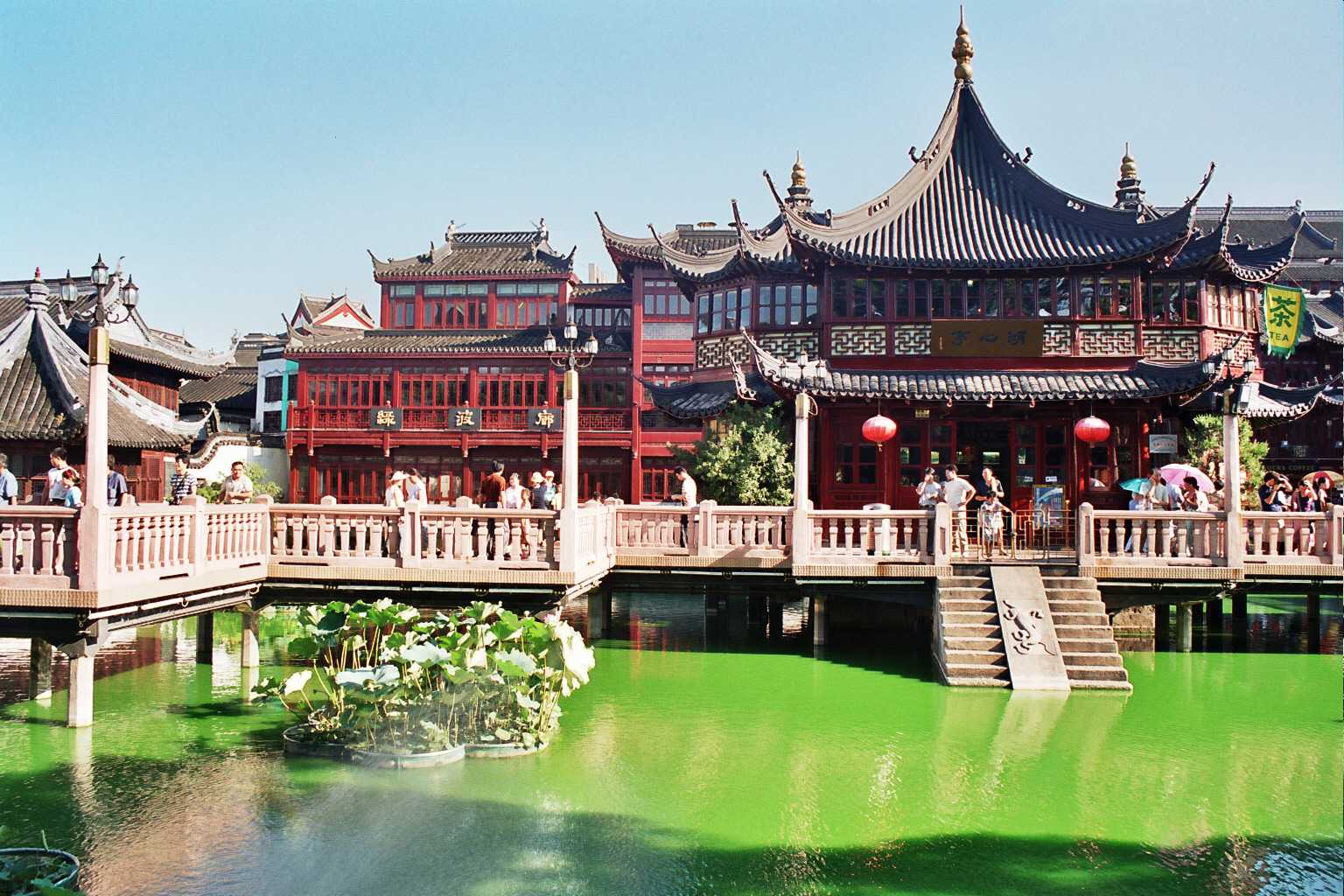|
Ligao Tang
Pear-syrup candy, also known as lígāotáng () or líqīnggāo (), is a traditional medicine and confection from eastern area of the Jiangnan region of China. It has a crystal clear colour and can be used to help relieve coughing, reduce sputum, and stimulate appetite. Its main components are pear juice, honey and various kinds of herbs. With the development of modern medical science, it is now rarely used to treat coughing; pear-syrup candy has become a souvenir and a snack, and is a part of Jiangnan culture. History Ancient The history of pear-syrup candy can be traced back to 634 (the Tang Zhenguan Eighth Year). According to legend, the mother of Wei Zheng (a renowned official of the Tang Dynasty) suffered from a cough, so the imperial court sent imperial physicians to treat her. However, Wei's mother felt that the medicines were too bitter to take, and so she failed to take them on time, and thus curing her took a long time. For this reason, Wei Zheng decided to make his own ... [...More Info...] [...Related Items...] OR: [Wikipedia] [Google] [Baidu] |
Traditional Chinese Medicine
Traditional Chinese medicine (TCM) is an alternative medical practice drawn from traditional medicine in China. It has been described as "fraught with pseudoscience", with the majority of its treatments having no logical mechanism of action. Medicine in traditional China encompassed a range of sometimes competing health and healing practices, folk beliefs, literati theory and Confucian philosophy, herbal remedies, food, diet, exercise, medical specializations, and schools of thought. In the early twentieth century, Chinese cultural and political modernizers worked to eliminate traditional practices as backward and unscientific. Traditional practitioners then selected elements of philosophy and practice and organized them into what they called "Chinese medicine" (''Zhongyi''). In the 1950s, the Chinese government sponsored the integration of Chinese and Western medicine, and in the Great Proletarian Cultural Revolution of the 1960s, promoted Chinese medicine as inexpensive a ... [...More Info...] [...Related Items...] OR: [Wikipedia] [Google] [Baidu] |

